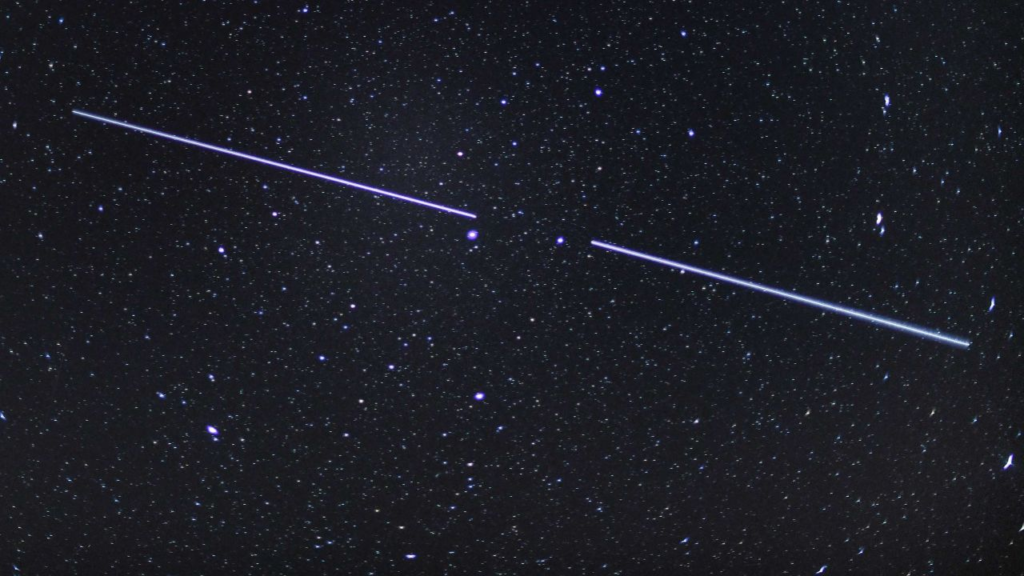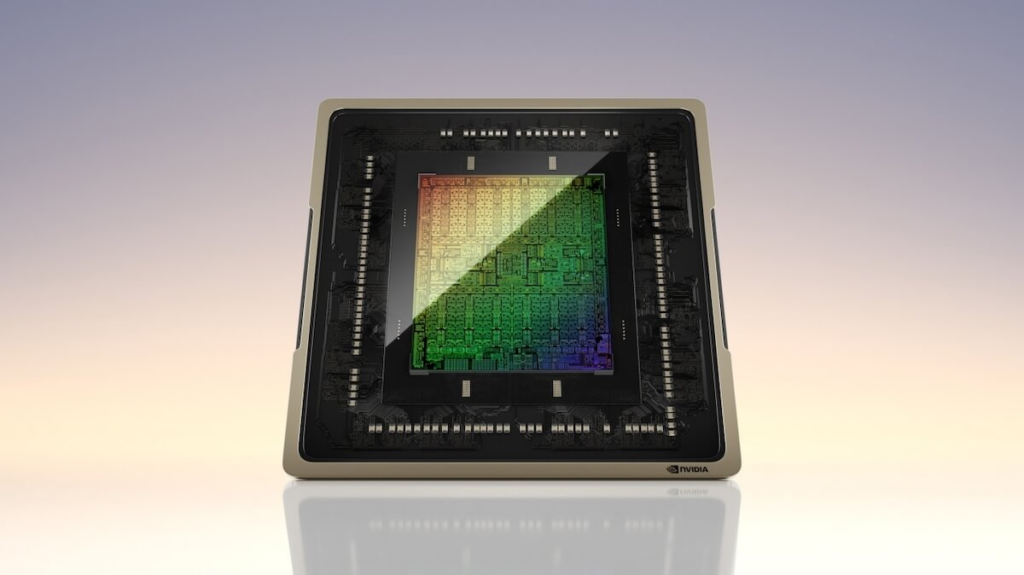Starlink is an innovative internet service developed by SpaceX, the spacecraft manufacturer helmed by Elon Musk. It uses low-orbit satellite technology to provide internet access to people in isolated regions of the world. Starlink currently has over 4,000 satellites in orbit, with plans to launch more in the coming years.
A new service called Find Starlink allows people to view the locations of Starlink satellites overhead as they pass by. Starlink satellites are not solo but rather come in what are called megaconstellations, a string or web of numerous interconnected satellites orbiting the Earth. Unlike traditional satellites that orbit Earth at around 35,786 km, some Starlink satellites orbit at around 550 km.

Under the right weather conditions and circumstances, these megaconstellations are actually viewable with the naked eye. The ability to view Starlink satellites as they pass by overhead, coupled with the Find Starlink tool, enables people around the world to catch a glimpse of this interesting space phenomenon.
Find Starlink lets users track satellites in real time

While the Starlink map has always been available to the public, it was mostly used to see if there was coverage in certain areas. Find Starlink now enables users to view the Starlink satellites in real time — and if conditions are right, they can be viewed from the ground without the aid of a telescope. Because the satellites are grouped up, they often appear like a string of lights going across the sky rather than one light.
Find Starlink also includes a useful tool where users can input their locations or coordinates to see the satellites’ visibility, the optimum time to view the Starlink satellites, and associated brightness values. However, just because a satellite appears to be overhead doesn’t mean you’ll be able to view it. According to Find Starlink, the satellites move 300 miles per minute, making missing a satellite cluster quite easy. So, don’t be surprised or disappointed if you feel you timed it perfectly but couldn’t see it.
The Find Starlink tool is not associated with SpaceX or Starlink in any official capacity, but uses coordinates to track the paths that the megaconstellations take while orbiting the Earth.
Starlink satellites have drawn scrutiny

Though the Find Starlink tool is a neat way to catch the satellites orbiting overhead, the service is not without its controversy. Notably, leading astronomers and members of the scientific community at large have raised serious concerns about the satellites. Some fear that the satellites could interfere with observation of space, especially as SpaceX plans to launch more in the coming years. This could hinder the ability of scientists to study the cosmos.
Most recently, a report published in Astronomy & Astrophysics observed 68 satellites belonging to a SpaceX Starlink constellation with a LOFAR radio telescope. These scientists reported unintended electromagnetic radiation emanating from the satellites, which in turn interfered with radio astronomy research.

According to Benjamin Winkel from the Max Planck Institute for Radio Astronomy in Germany, “Our simulations show that the larger the constellation, the more important this effect becomes as the radiation from all the satellites adds up.” Winkel adds, “This makes us worried not only about the existing constellations but even more about the planned ones.” While the full effects that Starlink satellites will have on scientific research have yet to be seen, it is something to keep in mind when using the Find Starlink tool to view the phenomenon in the night sky.
Conclusion
Starlink is a revolutionary new internet service that has the potential to connect people in remote areas to the world. However, it is important to be aware of the potential drawbacks of this technology, such as its potential impact on scientific research.
If you are interested in viewing Starlink satellites, the Find Starlink tool is a great way to do so. Just be sure to be patient and persistent, as the satellites move quickly and can be difficult to see.









